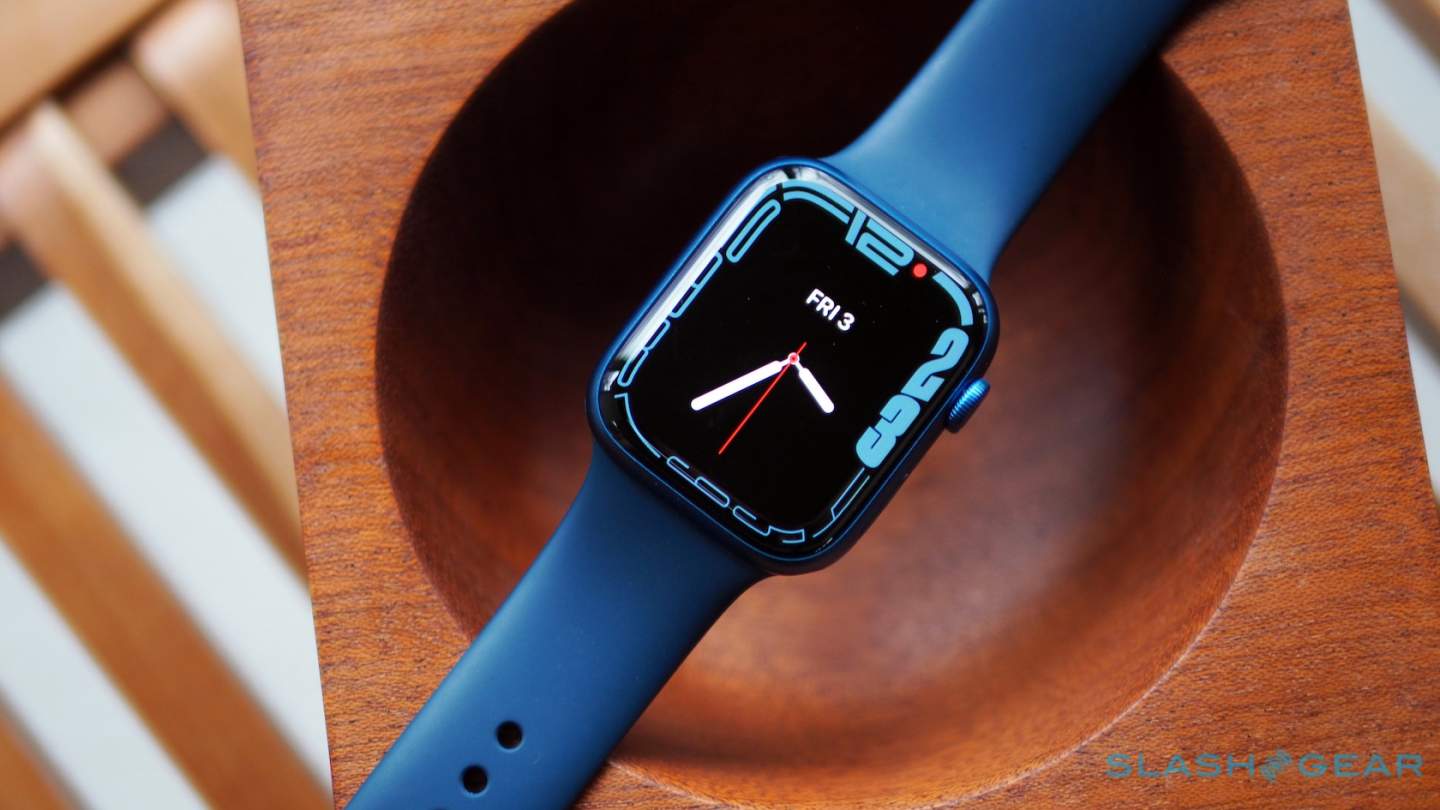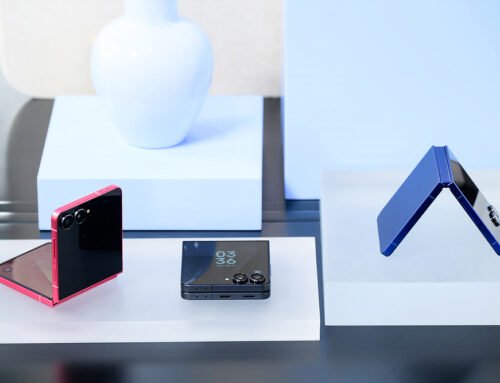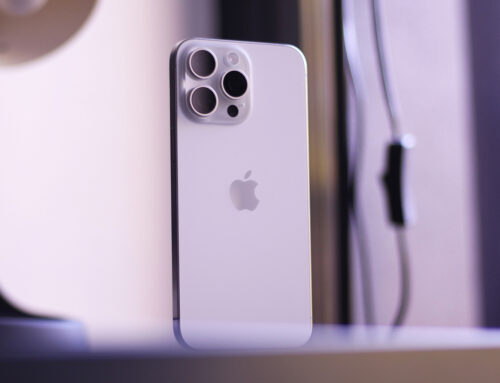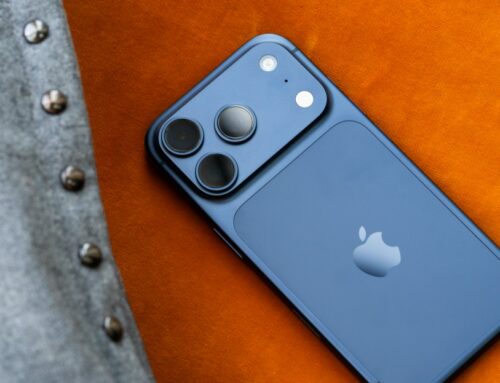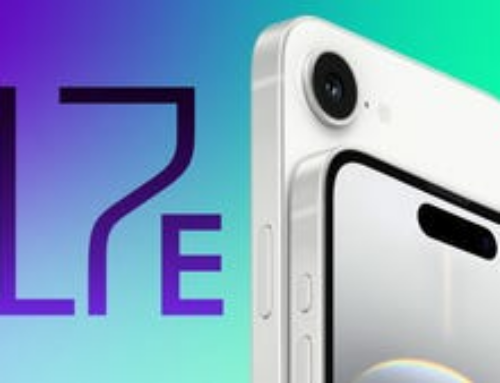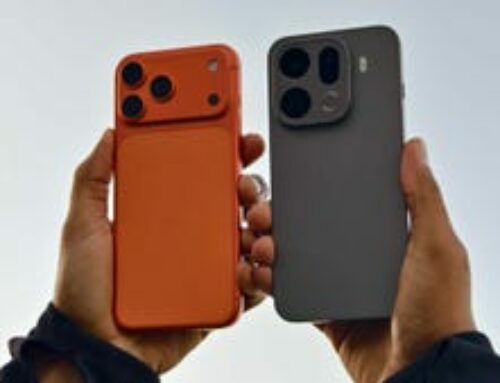Nobody can deny that the Apple Watch won the smartwatch wars, and the latest Apple Watch Series 7 only extends that lead. A collection of endearing enhancements rather than the all-out reinvention that some expected, 2021’s version blends a bigger display with the improvements of watchOS 8, for a result that, though predictable, is no less impressive for it.
Both watch and display are slightly larger, though the former’s mild growth is not something you’re going to notice day to day. The latter, though, is more obvious. The 41mm (from $399) and 45mm (from $429) versions have a screen that’s nearly 20-percent bigger than on the previous-generation Apple Watch. It’s still a beautiful OLED panel, crisp and easy to read, and Apple says the always-on mode – when the smartwatch is in standby rather than raised up – is brighter than before. Just how much brighter, a new algorithm decides.
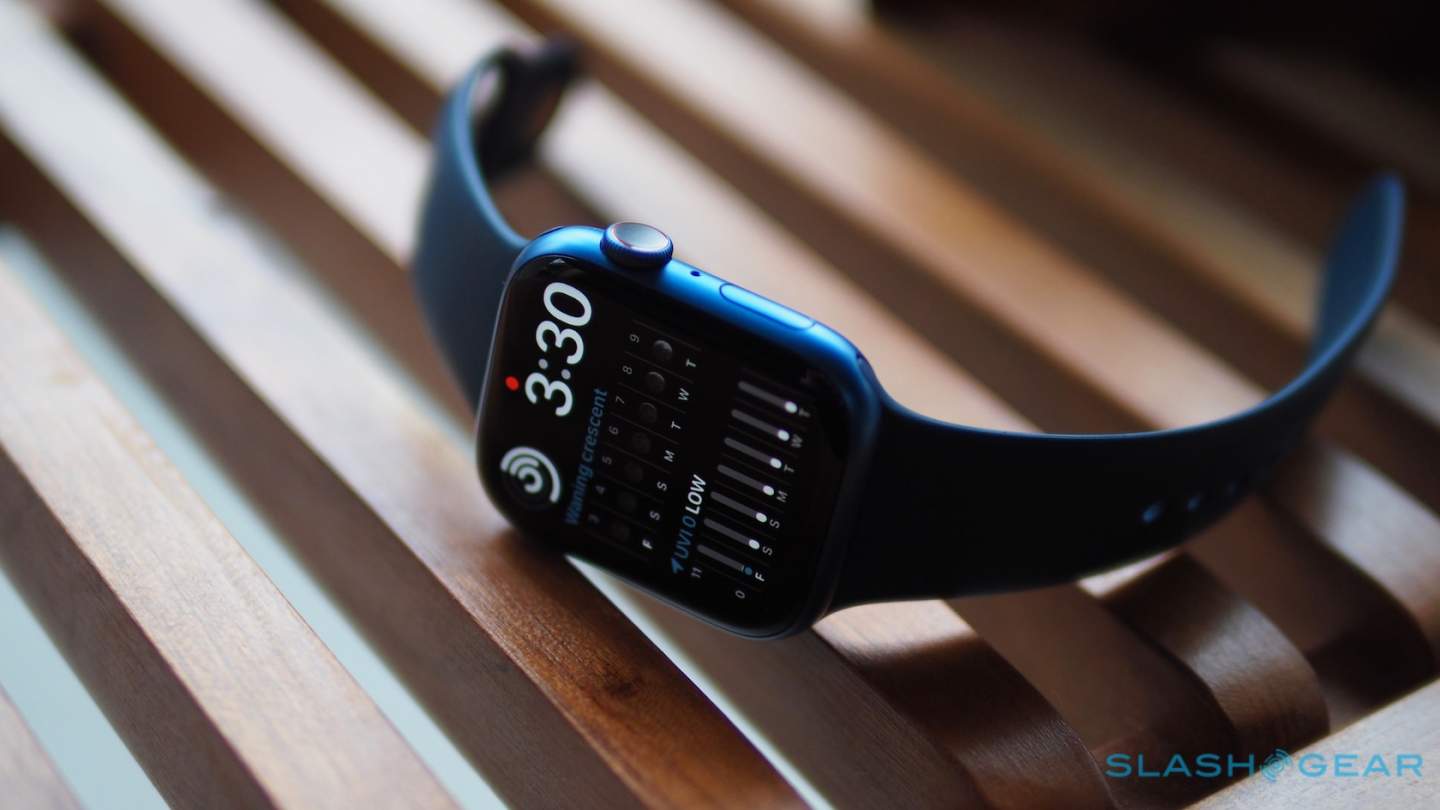
Honestly, I’m not sure the Apple Watch display needed to be any bigger. Not for my (corrected) eyesight, anyway, though I’ll concede that if you typically wear reading glasses then the larger fonts of the Series 7 probably are an improvement. Still, it’s worth noting that you’ve been able to increase font size and weight in watchOS for some time now.
What’s turned out to make a bigger difference is, quite literally, the edge cases. The Apple Watch’s screen now continues under the curved sides of its cover glass; viewed off-angle, it gives a fascinating three-dimensional effect, akin to stacked physical complications on a mechanical watch face.
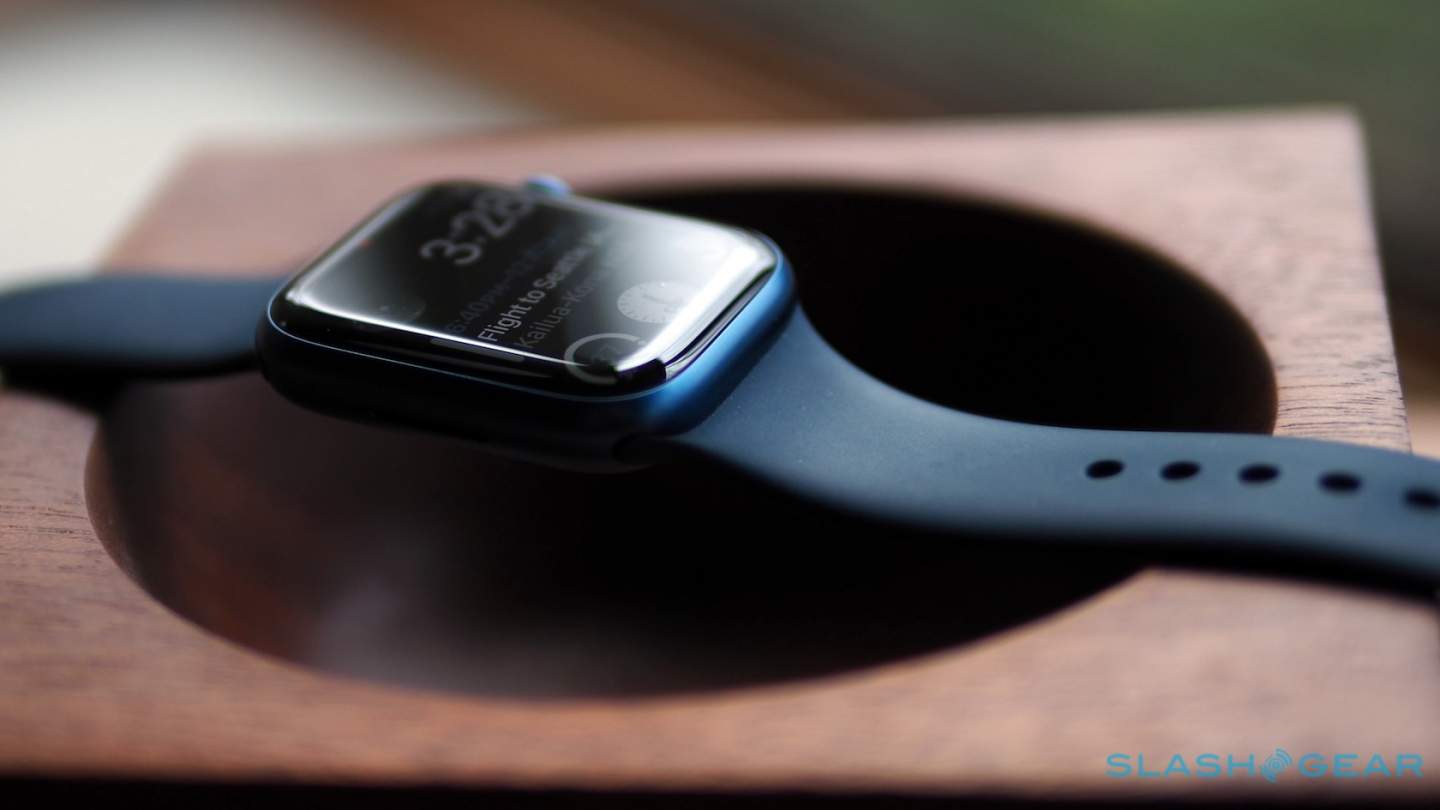
Unless you’re the sort of – brave – person who wears two watches at once, one on each wrist, most of us make a singular decision about what graces their arm. I have a few “nice” mechanical watches already, but I choose to wear the Apple Watch for a user-experience the others can’t deliver. The trade-off is that the digital watch, with its accommodations to functionality, has never quite felt like a piece of charming jewelry in the same way that a traditional timepiece might.
Call me crazy, but the way the Apple Watch Series 7’s screen melds so interestingly into the curvature of the glass feels like a nod back to one of the key lures of old-school watches. Something that’s not necessarily a functional decision, but which elevates the smartwatch nonetheless. No, the dedicated Rolex or IWC owner may still not find that enough to make the switch, but it’s enough to have caught my eye when I glance down at my angled wrist.
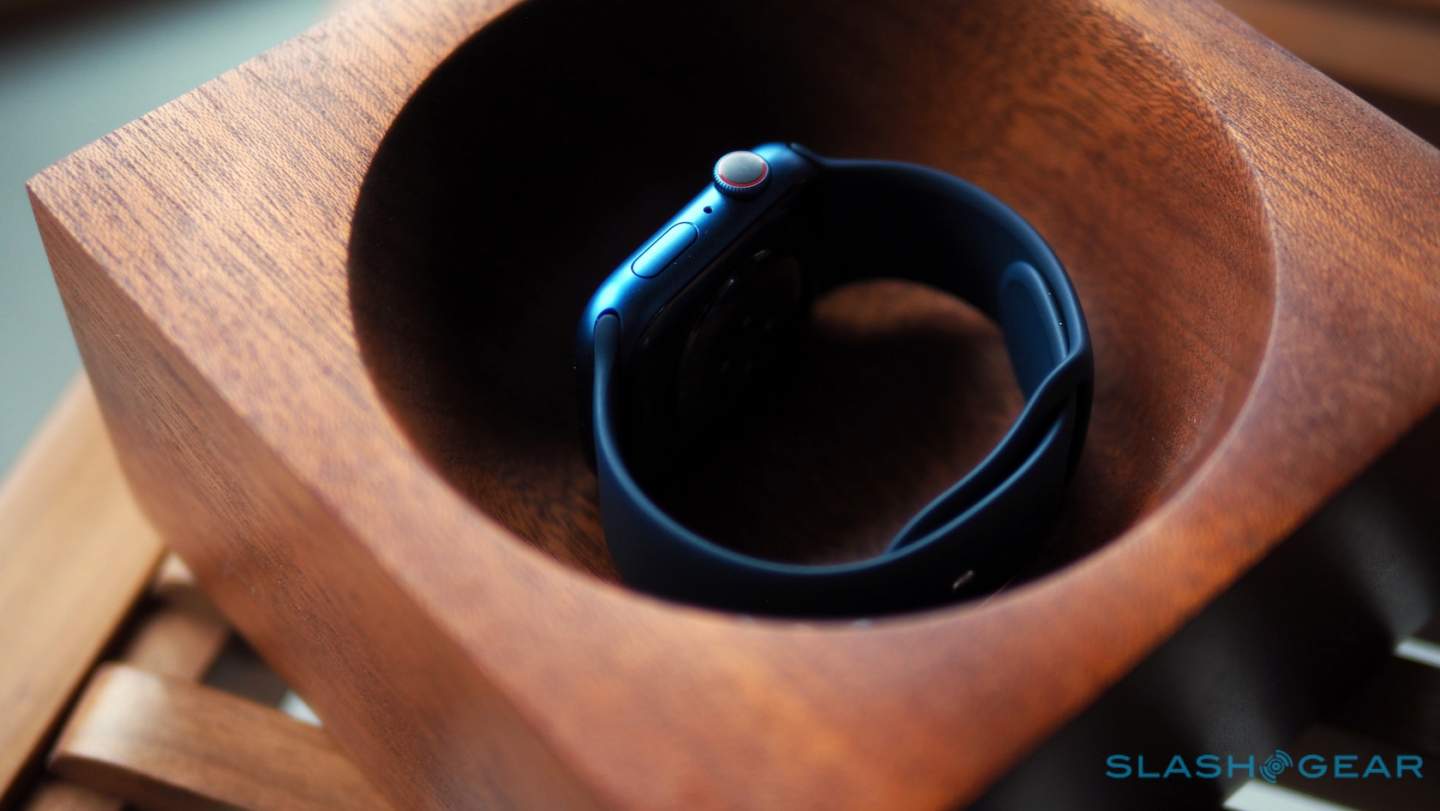
The rest of the hardware feels very familiar. Apple says the front crystal is tougher than before, and the whole watch now has IP6X certification for dust resistance along with WR50 water resistance. It means you can take it swimming and wear it without concern on the beach, though I’d still – as with any watch – be cautious about banging it against hard objects.
There are aluminum, stainless steel, and titanium cases to choose from, in a variety of colors depending on the metal. Factor in the growing array of Apple’s own and third-party bands, and you can feasible take your Apple Watch from the gym to the office to a fancy wedding without it looking out of place. I’m rather partial to the blue aluminum of my review unit, though the green version is striking, too.
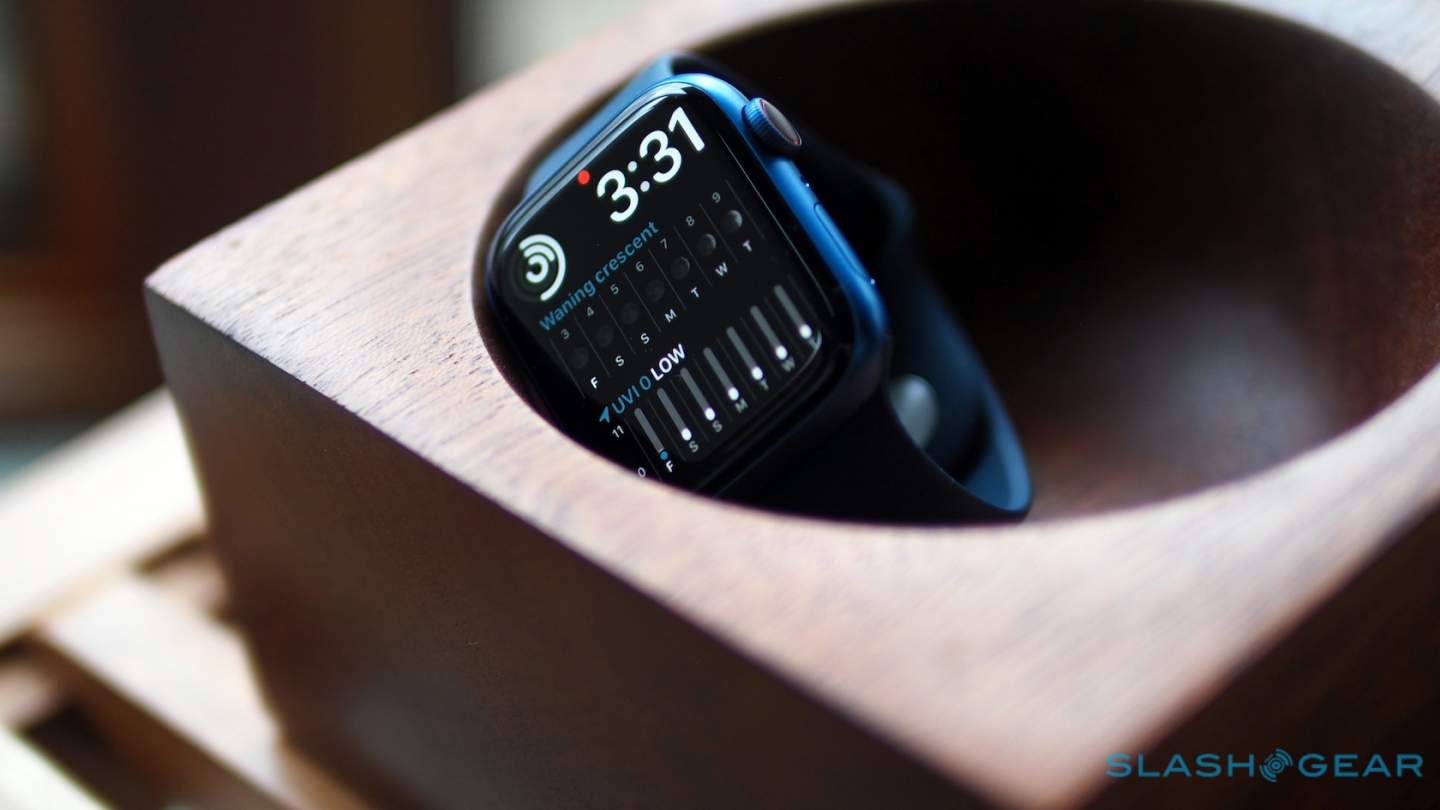
Battery life is about the same – 18 hours of typical use – but there’s a new charger included in the box. That promises up to 33-percent speedier recharging, though only with the Series 7, since it also relies on changes Apple made inside the watch itself. We’re still not quite at supercharge levels yet, but it did trim down a top-up when I forgot to recharge the Apple Watch overnight as I normally would. If you’re in the habit of tracking sleep with the wearable then the improvements are likely even more useful; in the time it would take to have a leisurely shower, you could more than likely add sufficient juice for the rest of the day.
If there’s one place the larger screen pays dividends, it’s Apple’s addition of an on-screen QWERTY keyboard to watchOS. Until now, Siri and voice-to-text dictation was the primary text input method for Apple Watch, bar a handful of canned responses to messages and the like. It works okay, but I doubt I’m the only person who feels self-conscious talking into their watch like a wannabe Dick Tracy. Or, you could scribble a letter at a time, a quieter if more time-consuming system.
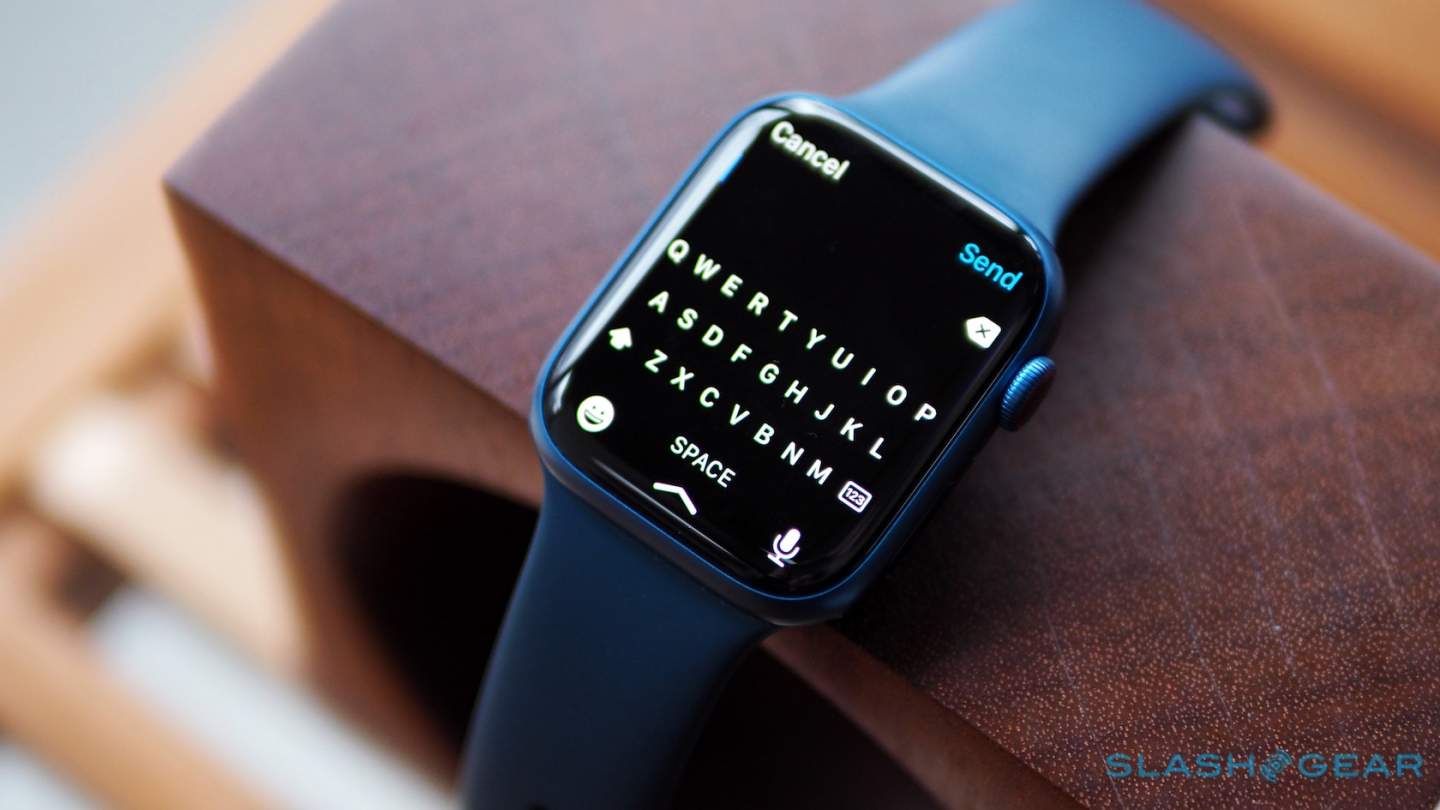
The on-screen keyboard offers another approach. It uses the same autocorrect as on iPhone, along with auto-complete, to minimize the amount of tapping and swiping you’ll need to do. You can peck at each letter, or drag your fingertip around and let the mighty algorithm do its decoding. Most of the time, I’ve found, it’s been accurate.
You’re not going to be sending lengthy emails or writing term papers this way, but it’s another welcome step toward the Apple Watch feeling like a standalone device in its own right, rather than an adjunct to the iPhone. It’s worth noting that only the Series 7 gets the QWERTY keyboard, one of a handful of watchOS 8 features exclusive to the newer, larger model.
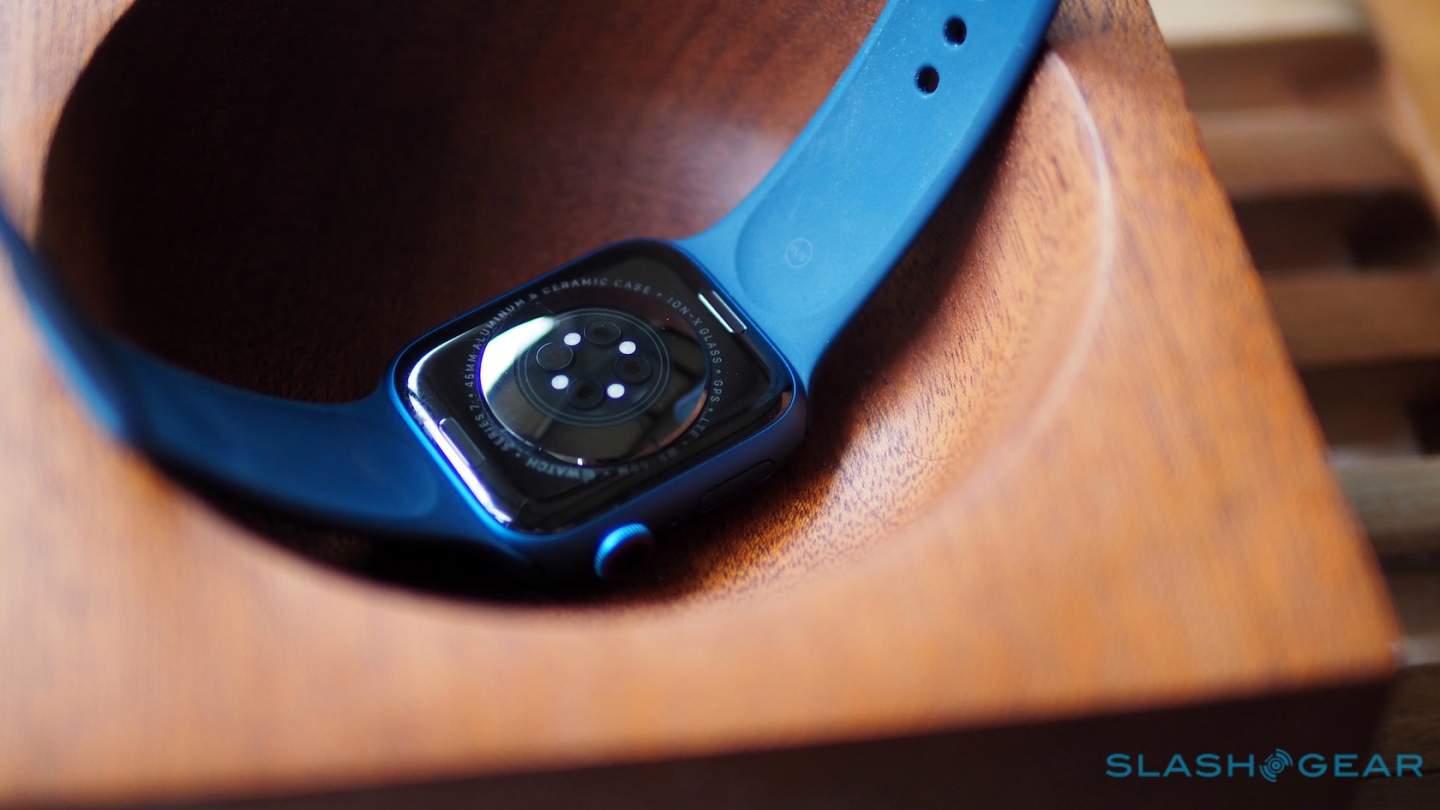
One of the reasons I wear an Apple Watch daily is fitness tracking. I’m not a fan of working out, and so watchOS’ needling reminders to close my move, stand, and exercise rings are one of those things that I hate-appreciate. The array of sensors is not really changed from last year’s watch: blood oxygen saturation, which is very dependent on where the Apple Watch is positioned on your wrist; heart rate tracking; ECG for signs of irregular heart rhythm; and an always-on altimeter that tracks height. Tempting as it is to think of the Apple Watch as a mini doctor on your wrist, though, it’s not a medical device.
Improvements in watchOS have made tracking cycling more accurate, Apple says, as well as better figuring out just how much effort you’re actually putting in if you’ve got an e-bike. Fall detection should handle falls from while cycling more intelligently, too. Since I’m usually clipped into a Peloton instead, however, I’ve not noticed those improvements in daily life.
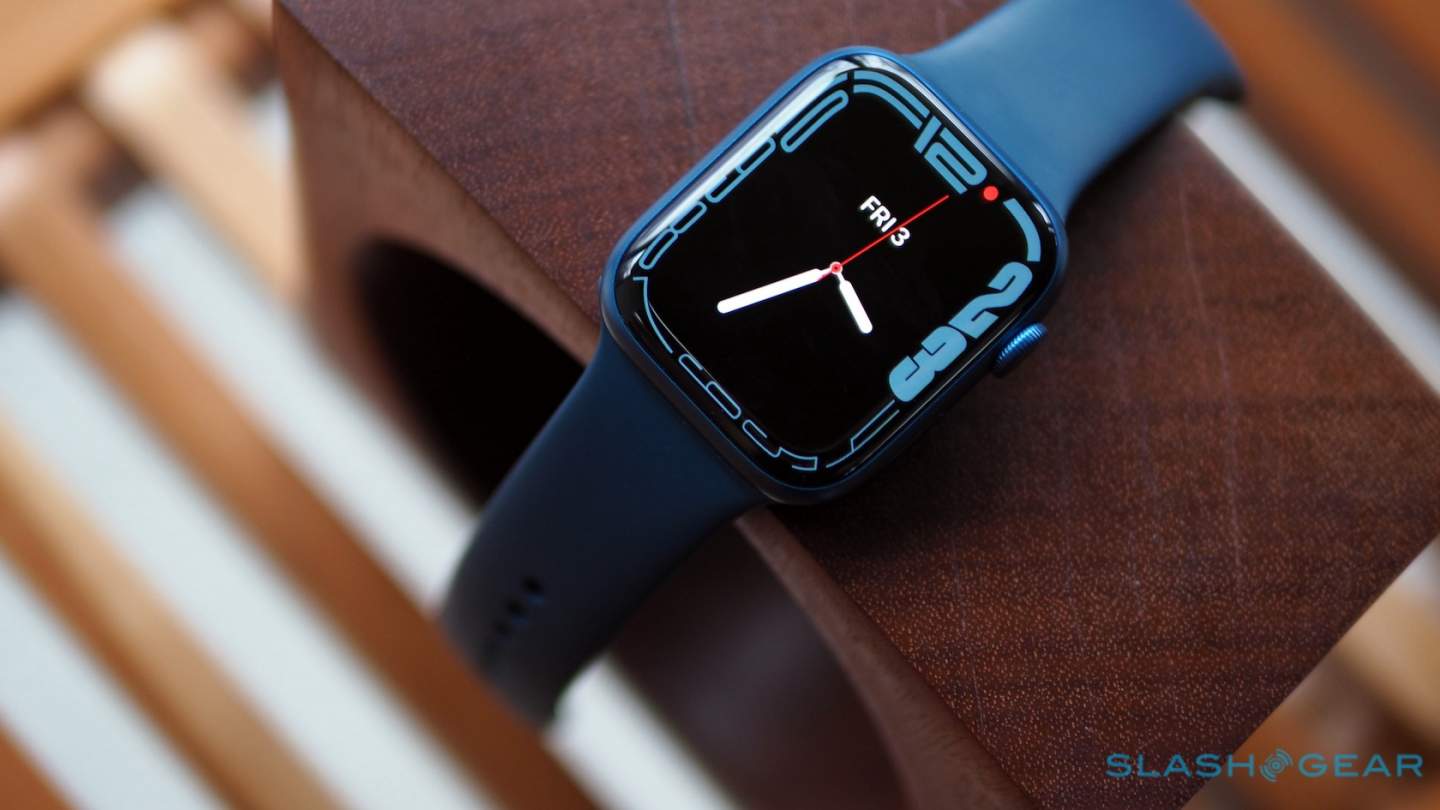
Similarly, if I had one of the latest BMW’s with their support for digital key, I could use the Apple Watch Series 7 and its U1 chip to unlock the car when I got close. Sadly I do not, though Apple does say it’s working with other automakers on implementing the technology. Given the rate of change of the car industry versus the tech world, mind, you could probably wait for the Apple Watch Series 8 or 9 before there’s a much bigger choice in vehicles.
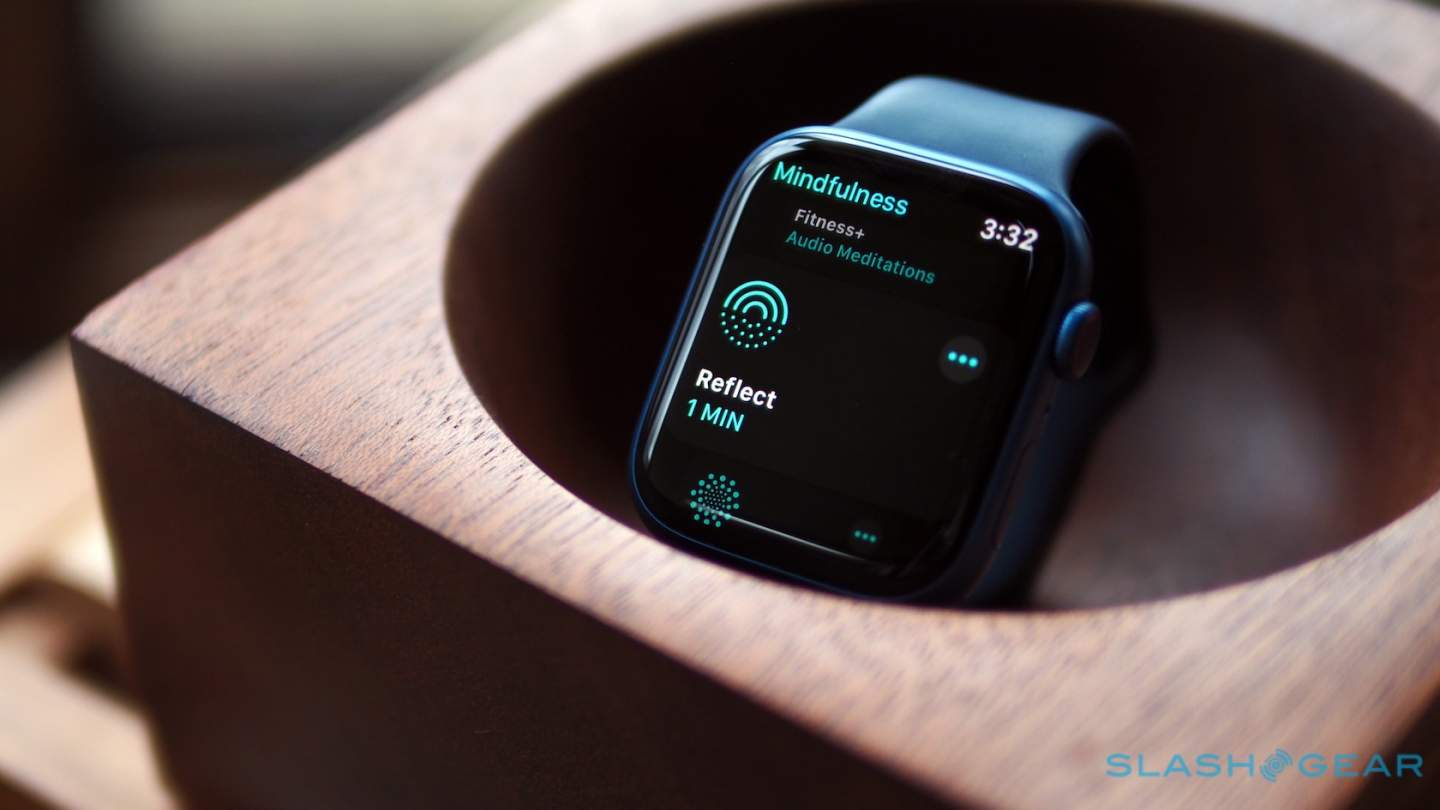
Attempting to aid your patience there is the new Mindfulness app. It absorbs the functionality of the old Breathe app – which would periodically, infuriatingly, remind you to breathe – and adds a Reflect mode, which encourages 1-5 minutes of meditation. I could probably do with taking time out for that as much as any other middle-aged man who spends too much of the day online, but there’s something about the Apple Watch’s prompts that pumps my blood pressure instead. You can, of course, turn those notifications off.
Apple Watch Series 7 Verdict
On the one hand, the Apple Watch Series 7 is another incremental upgrade. If you already have a Series 6 on your wrist, or even a Series 5, you could realistically sit 2021’s version out and simply upgrade watchOS for many of the newer improvements. All the same, it’s a testament to just how good the Apple Watch was, and is, that Apple hasn’t really needed to reinvent the wheel in order to maintain its lead. I know a fair few people who stick with their iPhone predominantly because they don’t want to give up their Apple Watch, and I can’t say I blame them.
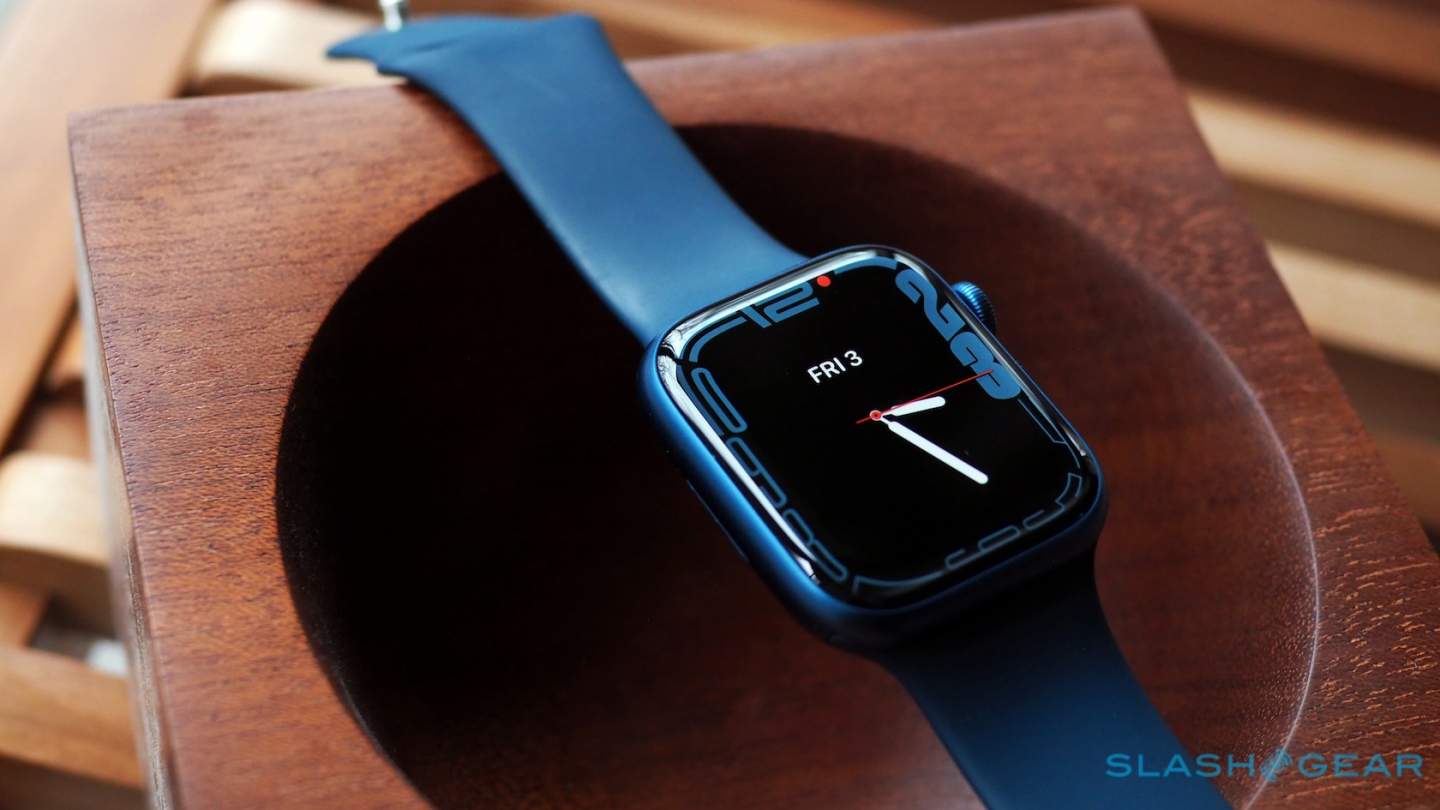
If you’re in that group, then the new watchOS is probably the best place to start. Those yet to dive into Apple Watch ownership, however, should begin their journey here. Apple may not have made vast changes to this generation of wearable, but the Apple Watch is still the best smartwatch, and the Apple Watch Series 7 is the best of the best.

